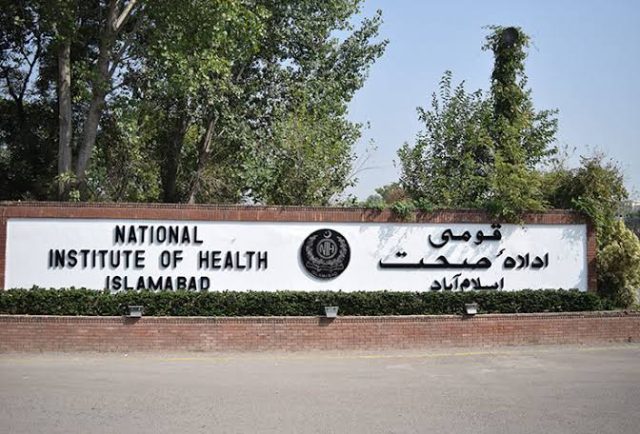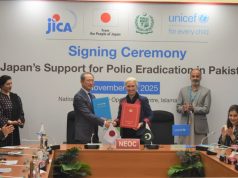ISLAMABAD, Thursday, May 08, 2025 (WNP): The Ministry of National Health Services on Thursday announced the establishment of a National Health Emergency Center at the National Institute of Health (NIH), Islamabad in a bid to bolster national preparedness against emerging health threats.
The 24/7 facility will function as the central coordinating body for health-related emergency responses, working in close collaboration with provincial governments and relevant institutions across the country.
The move came during a high-level emergency meeting chaired by Federal Minister for Health, Mustafa Kamal. The session was attended by top officials including the Director General of Health, the Chief Executive Officer of the Drug Regulatory Authority of Pakistan (DRAP), heads of major federal hospitals, representatives from the Islamabad Healthcare Regulatory Authority, and senior health directors from Sindh, Khyber Pakhtunkhwa, and Azad Jammu and Kashmir.
The primary agenda was to assess national preparedness in light of escalating geopolitical tensions and to devise contingency strategies to ensure uninterrupted healthcare services.
“We must remain fully prepared for any eventuality,” Minister Kamal told participants. “The Ministry of Health and its affiliated bodies are on high alert to respond swiftly to any health emergency.”
During the meeting, several key directives were issued. These included ensuring an uninterrupted supply of vaccines and life-saving medicines, enhancing domestic vaccine production at NIH, and identifying alternative sources for pharmaceutical imports currently reliant on India.
Federal hospitals were instructed to maintain full operational readiness, while provincial governments were urged to increase hospital bed capacity and stockpile essential medicines and blood supplies.
Special attention was directed toward Polyclinic Hospital, which has been tasked with preparing facilities specifically for burn victims. The Ministry also pledged full support in addressing the healthcare needs of Pakistan’s armed forces in any crisis scenario.
“Effective communication and timely information sharing are critical in such times,” Minister Kamal emphasized. “We are closely monitoring the situation and are fully committed to safeguarding public health under all circumstances.”
The establishment of the emergency center is part of a broader strategic response to ensure healthcare resilience and rapid response capacity amid national and regional uncertainties.




